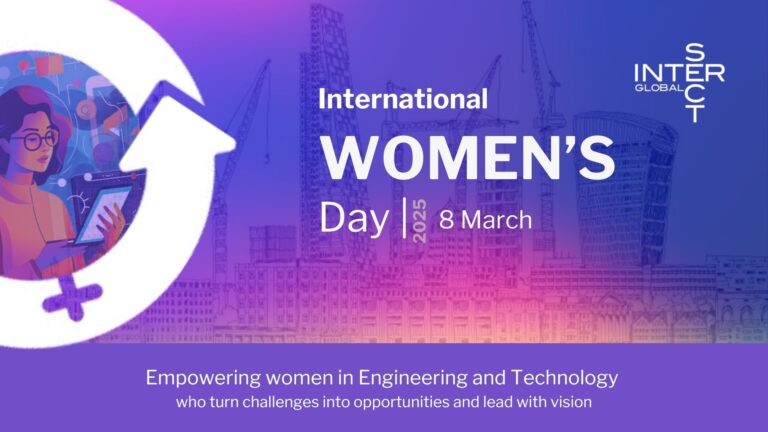Now the UK’s lockdown exit plans have been set out and as the economy gradually starts to open again, many businesses will see this as a return towards normality. But in many ways, the world of work will look very different post-Covid. Alongside the changes the pandemic has forced on us, we now have a chance to create a better labour market – and one important way we can do this is by making it more inclusive and making sure companies provide opportunities for a more diverse range of people.
There has been a great deal of progress on diversity and inclusion in recent years. In the REC’s new Recruitment and recovery study, we found that almost two thirds (64%) of businesses believed they were doing well at reducing unconscious bias. But we all know that there is much more still to do. We’ve all seen the gender pay gap statistics and the studies showing how CVs with a white-sounding name are far more likely to get a response than those with a name from an ethnic minority – even when the content is identical.
Our Recruitment and recovery report also found some worrying signs of a lack of focus from employers. Just three in ten companies said that they were focusing more on increasing the diversity of their workforce, and 45% of SMEs admitted that increasing the diversity of their staff was not a priority. No wonder less than half (44%) of the British public thought that the process of recruitment was inclusive to people like them.
The recruitment process can be an incredibly important tool in improving inclusion in a business. Anonymising CVs, using diverse interview panels, offering flexible working options from the outset – all of these can be valuable steps to increasing the range of candidates who will apply for a role or improving the selection process. But while both businesses and the public say that these are important in principle, in practice they are rare.
This is where professional recruitment businesses can prove their worth. Many businesses have taken their eye off the ball on inclusion – understandably due to the pandemic – but it is up to their recruitment partners to remind them how important this issue is and the many ways that it can benefit both their bottom line and the people working for them. And we know this can work – two in three (63%) companies said that working with a recruitment agency had helped them increase the diversity of new hires.
For recruiters, this means helping clients to audit and evaluate their selection and hiring processes regularly, specifically with diversity and inclusion in mind, as well as advising them on whether they might need to bring in tools like unconscious bias training for hiring managers, anonymising CVs, and standardised selection criteria that can help judge which candidate is right for a role, no matter their background.
With so much change already having happened in the labour market and more on the horizon, now is the perfect time to change things for the better, and make the future of work a more inclusive one.





